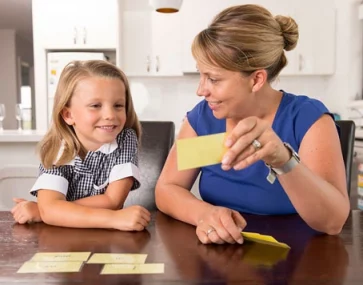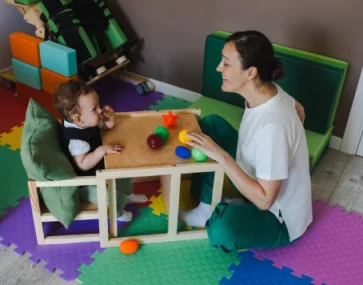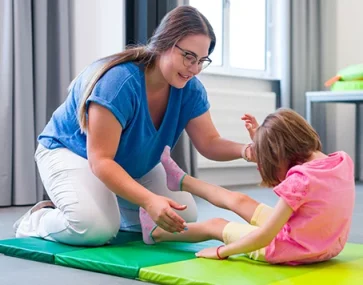Understanding Pediatric Occupational Therapy
Pediatric occupational therapy plays a crucial role in helping children attain the skills necessary for daily living and independence. Occupational therapists (OTs) specialize in assisting children to overcome challenges, enhancing their ability to participate in everyday activities. With a focus on children, pediatric OTs use a range of methods to improve motor skills, cognitive abilities, and sensory processing skills.
The Role of Pediatric OTs
Assessing Children’s Needs
One of the initial steps in pediatric occupational therapy involves evaluating a child’s needs. OTs examine children’s abilities in various areas, including their motor skills, sensory processing, and cognitive development. By understanding the child’s strengths and weaknesses, therapists can create a personalized plan to address specific challenges.
Developing Motor Skills
Children need to develop both fine and gross motor skills. Fine motor skills involve smaller movements like grasping a pencil, while gross motor skills are about larger movements like jumping or running. OTs work with children to enhance these skills through fun and engaging activities. Play, a child’s natural medium for learning, becomes a tool through which therapists encourage the development of these essential skills.
Intervention Strategies
Sensory Processing
Children with sensory processing difficulties may feel overwhelmed by the environment around them. Pediatric OTs help these children by introducing activities that assist them in processing sensory information more effectively. This intervention enables the kids to feel more comfortable and confident in diverse environments.
Cognitive Abilities
OTs also focus on cognitive abilities, helping children improve their problem-solving, decision-making, and other cognitive skills. By utilizing games and activities tailored to each child’s needs, therapists make the learning process enjoyable. As children engage in these activities, they are not just playing; they are learning and developing skills vital for their daily lives.
The Impact on Daily Living
Boosting Independence
Through pediatric occupational therapy, children acquire vital skills for tasks like dressing, writing, and feeding themselves. Mastery of these skills elevates their confidence and self-esteem. They begin to experience a heightened level of independence that profoundly enhances their quality of life, empowering them to tackle challenges with increased assurance.
Enhancing Social Skills
Moreover, OTs play a pivotal role in developing children’s social skills. Group activities are integral, where children learn communication, sharing, and interactive play. These foundational experiences are not only instrumental in building relationships but also in fostering effective communication and enhancing emotional intelligence, laying the groundwork for successful interpersonal relationships in their future.
The Journey Ahead
Every child deserves the opportunity to live a life full of learning, playing, and growing. Pediatric occupational therapists are the unsung heroes, working diligently to ensure every child, regardless of their challenges, can navigate their world with confidence. The skills learned during therapy sessions do not just aid children in their present circumstances but equip them for the future, laying a foundation of resilience and adaptability.
In a world where every child’s need is unique, the personalized approach of pediatric occupational therapy stands as a beacon of hope, ensuring that every child gets a chance to explore, discover, and thrive in their own distinct way.






